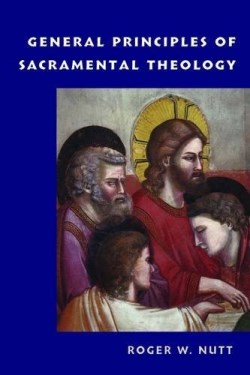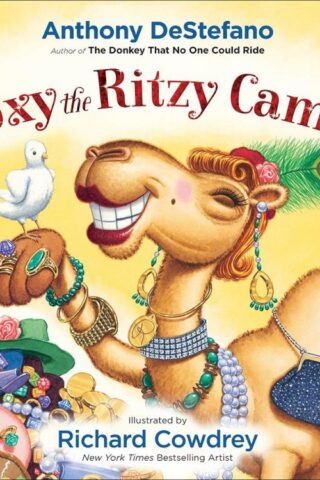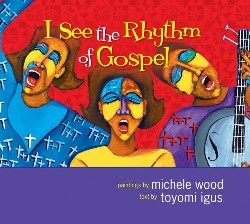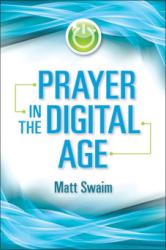General Principles Of Sacramental Theology
$34.95
General Principles of Sacramental Theology addresses a current lacuna in English-language theological literature. Bernard Leeming’s highly respected book Principles of Sacramental Theology was published more than sixty years ago. Since that time, there has been a noted decrease, especially in English-language sacramental theology, in treatments of the basic topics and principles?such as the nature of the sacraments of signs, sacramental grace, sacramental character, sacramental causality, sacramental intention, the necessity and number of the sacraments, sacramental matter and form, inter alia?which apply to all of the sacraments.
Rather than deconstruct the Church’s tradition, as many recent books on the sacraments do, Roger Nutt offers a vibrant presentation of these principles as a sound foundation for a renewed appreciation of each of the seven sacraments in the Christian life as the divinely willed means of communion and friendship between God and humanity. The sacraments bestow and nourish the personal communion with Jesus Christ that is the true source of human happiness. Recourse to the patrimony of Catholic wisdom, especially St. Thomas Aquinas, can help to highlight the sacraments and their significance within the plan of salvation.
This book will be of use in seminary, graduate, and undergraduate courses. It is further offered as a source of hope to all those seeking deeper intimacy with God amidst the confusion, alienation, and disappointment that accompanies life in a fallen world. The sacraments play an irreplaceable role in pursuing a Universal Call to Holiness that is so central to Vatican II’s teaching.
in stock within 3-5 days of online purchase
SKU (ISBN): 9780813229386
ISBN10: 0813229383
Roger Nutt
Binding: Trade Paper
Published: March 2017
Publisher: Catholic University of America Press
Related products
-
Roxy The Ritzy Camel
$15.99Add to cartBestselling author Anthony DeStefano brings the vain and possession-loving Roxy the camel to life to demonstrate the familiar Bible verse: It is easier for a camel to go through the eye of a needle than for a rich man to enter the kingdom of God. Little ones ages three and older will learn that possessions are only things…and definitely NOT the most important things.
Brightly illustrated by Richard Cowdrey and written in engaging, funny rhyme, this storybook follows Roxy’s journey from her waterless home in the desert to a great city of beauty she’s heard about but never seen. Along the way she learns that the only way to attain true happiness is to share–or even give away–what she possesses.
-
Listen To Your Blessed Mother
$14.99Add to cartMary, the mother of Jesus, is recorded minimally in Scripture. Yet her words are filled with significance and rich meaning that can easily be misunderstood or misinterpreted by untrained hearers. Have you doubted Mary’s role in God’s plan based on the words of Scripture? Would you like to understand more fully what is intended when Jesus’ reaction is unexpected in relation to his Mother?
Gary Zimak explores both the spoken and unspoken words that Mary is recorded to have said and acted upon in the gospel narratives. The Word of God reaps manifold fruits in those who hear. Are we able to listen and understand the words of Mary in Scripture with open hearts?
Our Lady is a woman of few words, but when pondering with our hearts, we begin to understand that wisdom often begins in silence.
-
Prayer In The Digital Age
$16.99Add to cartThe digital age is an age of information overload. In this noisy, technology-driven world, full of important news and urgent messages, spending silent time in prayer can seem impossible.
In his second book, Matt Swaim brings to light the obstacles to prayer inherent in our digitally-connected culture and explores both the challenges and benefits of living a Christian life in the 21st century. Drawing on the spiritual wisdom of such masters as St. Ignatius of Loyola, St. Therese of Lisieux, and Venerable Pope John Paul II, Swaim provides practical suggestions for learning how to “unplug” and incorporate prayer into one’s daily life.
Delve into how technology truly affects our faith:
In a culture suffering from information overload, what’s the difference between knowing facts about God and actually knowing God?
How does our desire to be entertained interfere with knowing God as He really is, rather than just as we want to perceive Him?
What are the distinctions between employing media and information as tools to aid evangelization and spiritual growth while avoiding a purely consumer approach to the faith?
How can information overload deaden our ability to listen?






Reviews
There are no reviews yet.